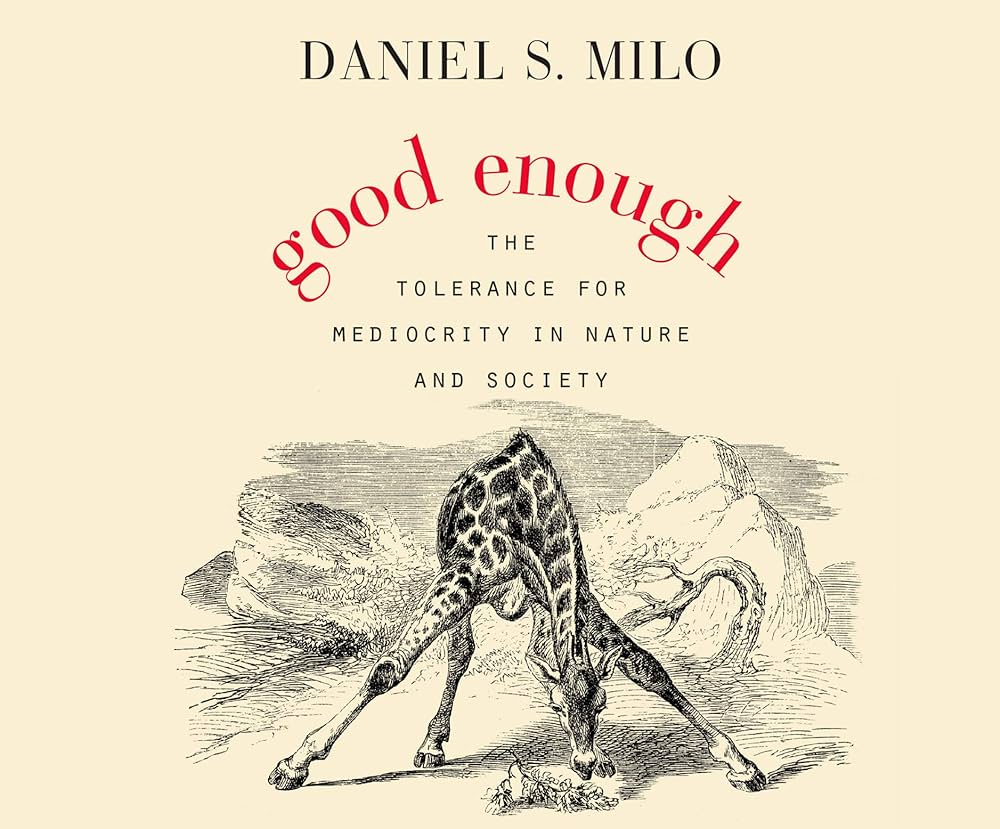
|
Daniel S. MiloGood Enough - The Tolerance for Mediocrity in Nature and Societyp. 55 |
The domestication analogy run amok
One cannot blame the giraffe for leading evolutionists astray. It did not choose its strangeness and celebrity, the qualities that made it such an inviting target for theorists’ assumptions of adaptation. Chapter 2 takes up this assumption directly. Why were Darwin and his interlocutors so certain that traits were adaptive in the first place? In some cases, such as that of the finches discussed in Chapter 3, there was good evidence. But in many other cases, all that theorists had to go on was a mistaken analogy between nature and domestication. They thought the jungle was like a farm, where a breeder called natural selection wrought ever-finer creatures from one generation to the next. This analogy ran amok, we will see, is foundational to the selectionst dogma that continues to afflict thinking about evolution and its ethical consequences.